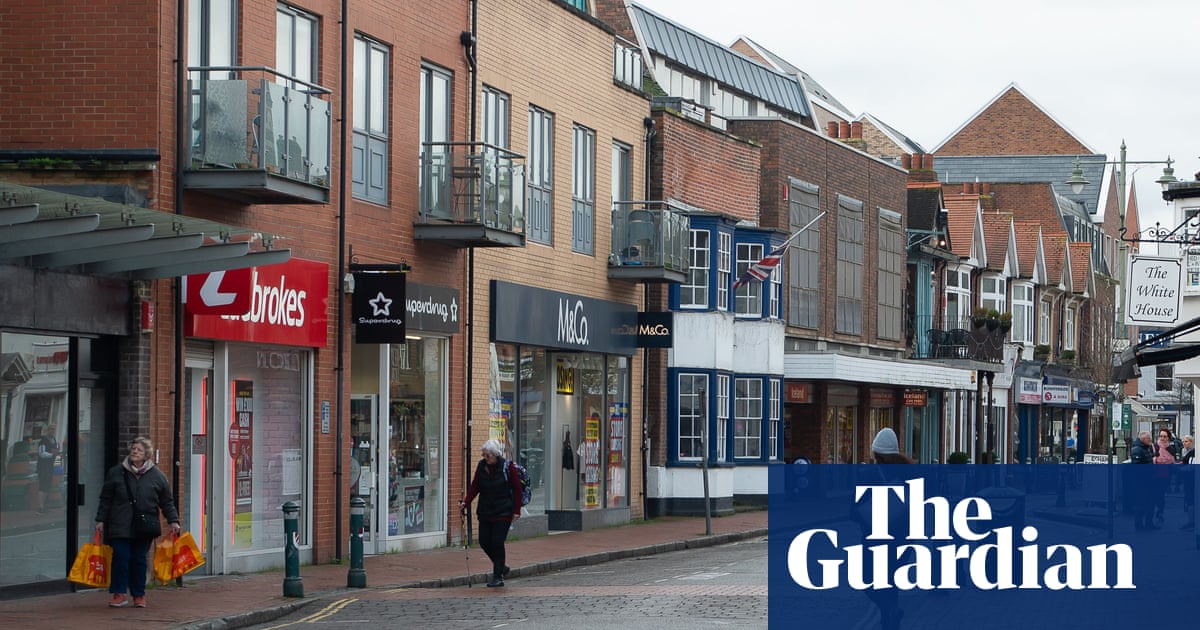
Retail sales in Great Britain unexpectedly rose in July as consumers continued spending, despite concerns over the cost of living crisis.
The Office for National Statistics said sales volumes rose by 0.3% on the month, after a revised fall of 0.2% in June, with a range of online sales promotions helping to overcome a broader trend for a decline in spending.
Despite the increase in headline sales, spending on clothing and bigger-ticket household goods continued to fall as consumers cut back amid concerns over affordability and the cost of living.
The figures come as households across the country come under pressure from inflation hitting its highest level for 40 years.
Separate figures showed rising inflation drove up government borrowing by more than expected in July, underscoring the challenges for the Conservative leadership frontrunner Liz Truss’s tax-cutting plans.
Highlighting the risk of an economic slowdown, the latest retail sales snapshot showed clothing stores sales volumes fell by 1.2% in July as shoppers tightened their belts amid concerns over the cost of living.
Household goods stores sales volumes dropped by 0.4%, mainly because of falls at furniture and lighting stores.
Food store volumes rose by only 0.1% in July, compared with a monthly growth rate of 2.7% in June when the Queen’s jubilee celebrations boosted sales.
Kien Tan, the director of retail strategy at PwC, said online promotions such as Amazon’s Prime Day event had contributed to the surprise growth in headline sales volumes last month. “Almost every other retail category continued to go backwards,” he said.
“With the prospect of more inflation to come, the concern for retailers is that shoppers will simply have less to spend as the nights draw in.”
The ONS said public sector borrowing was £4.9bn in July, a month when the government finances are typically in surplus because of self-assessed income tax receipts flowing into the exchequer.
The figure was £800m lower than the same month a year earlier, when the coronavirus pandemic affected the public finances, but was significantly higher than the £200m deficit forecast by the Office for Budget Responsibility.
The chancellor, Nadhim Zahawi, said the government would provide support for households hit by soaring living costs. “I know that rising inflation is creating challenges for families and businesses, and it is also putting pressure on the public finances by pushing up the amount we spend on debt interest,” he said.












